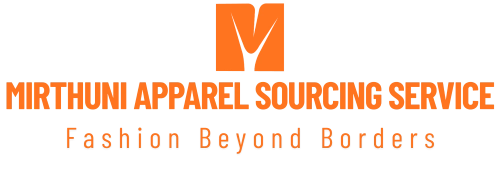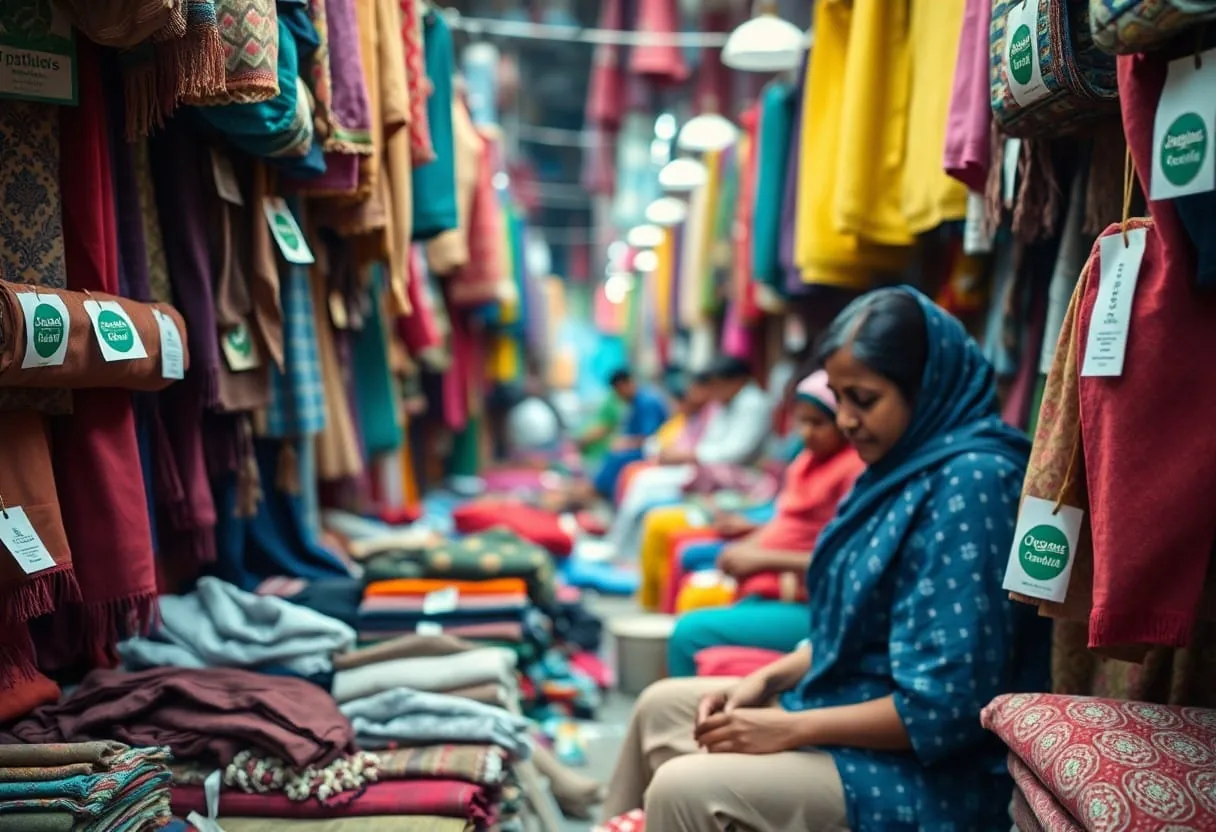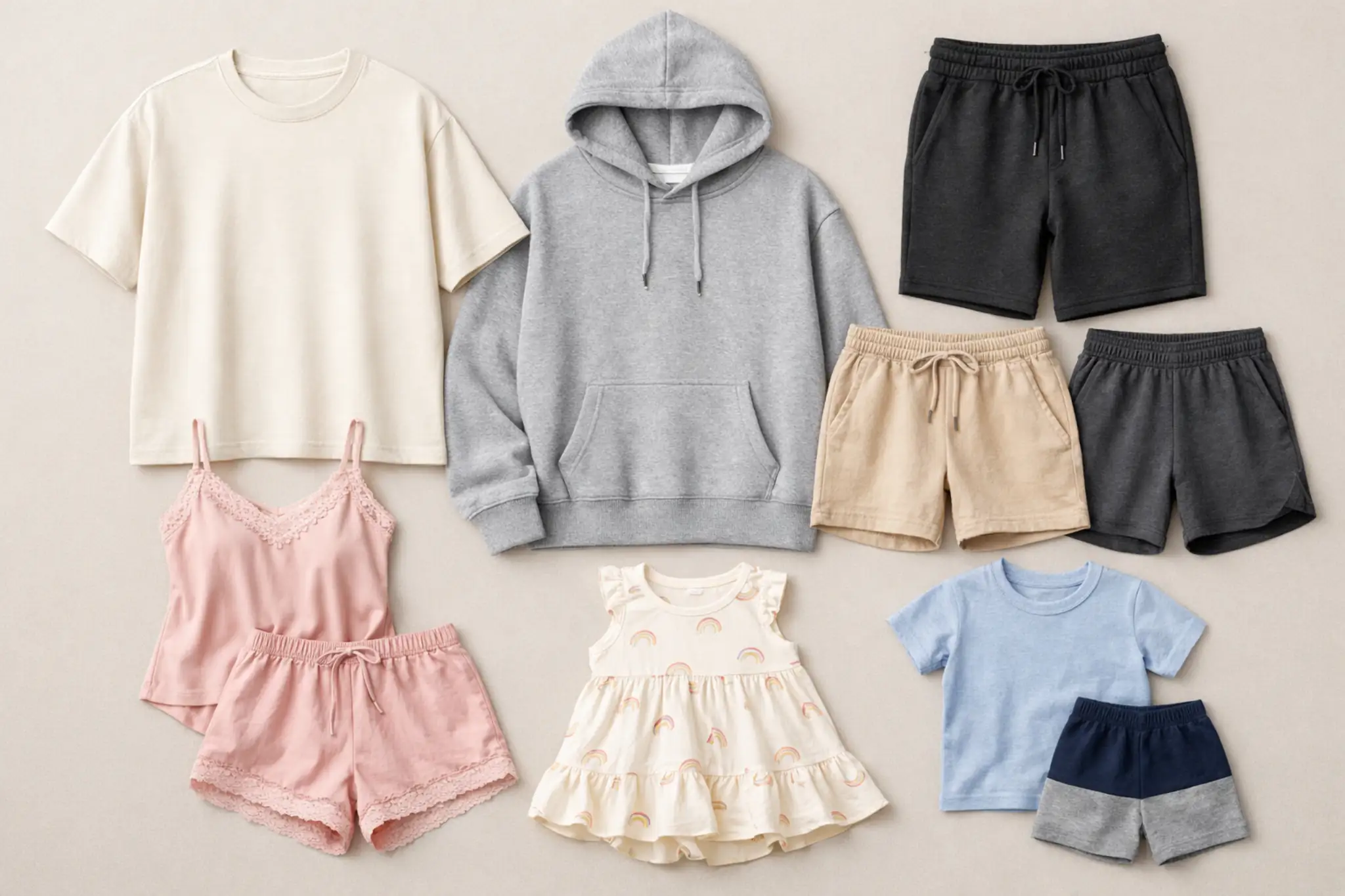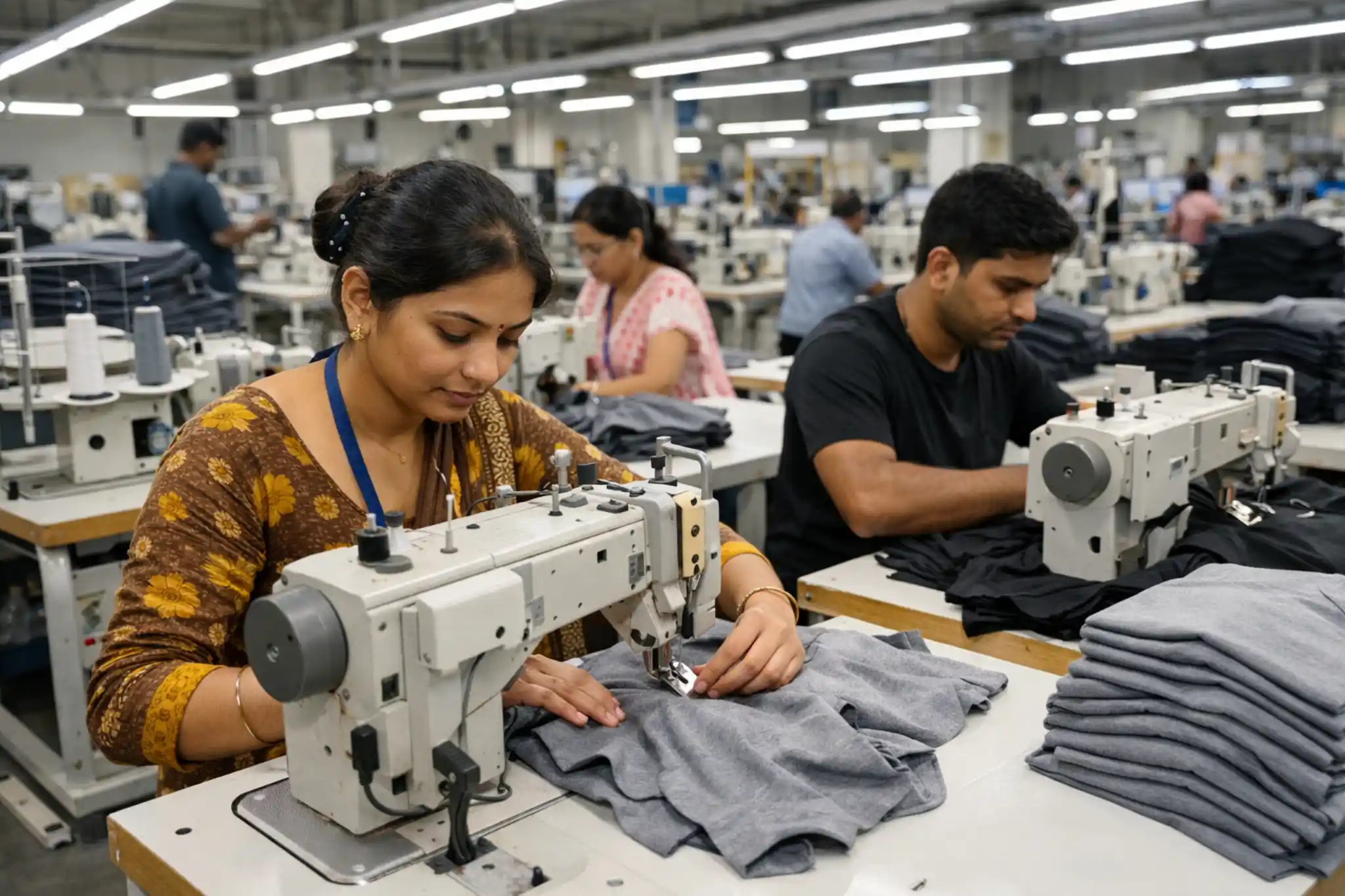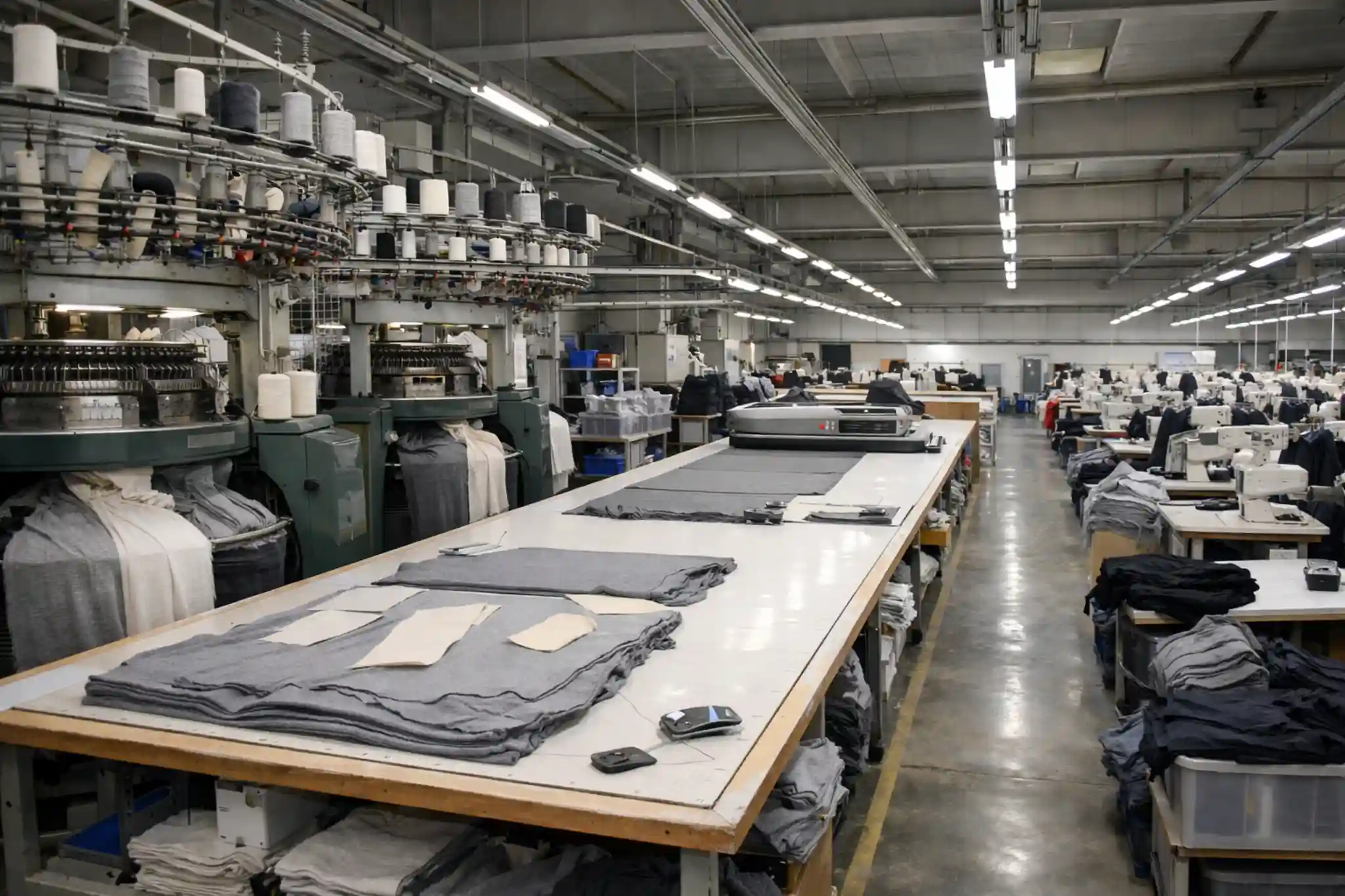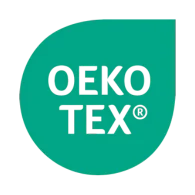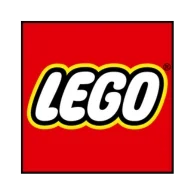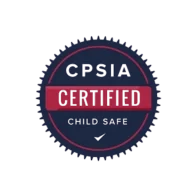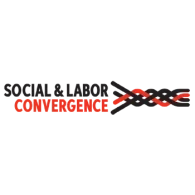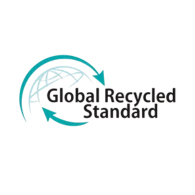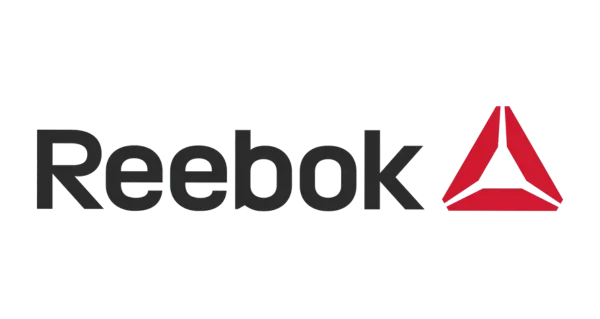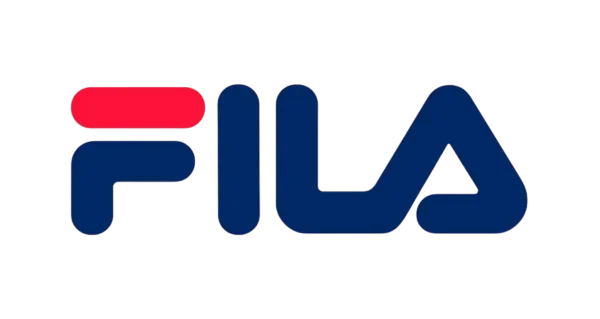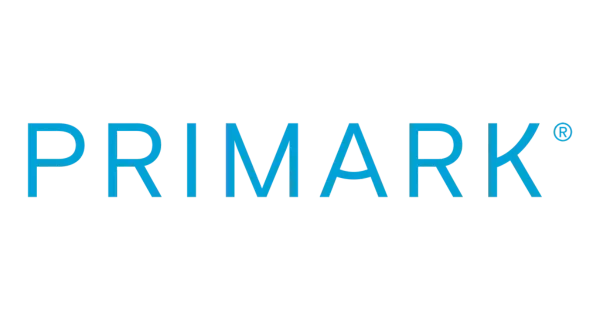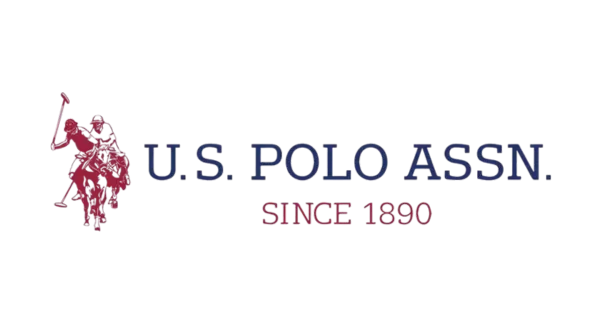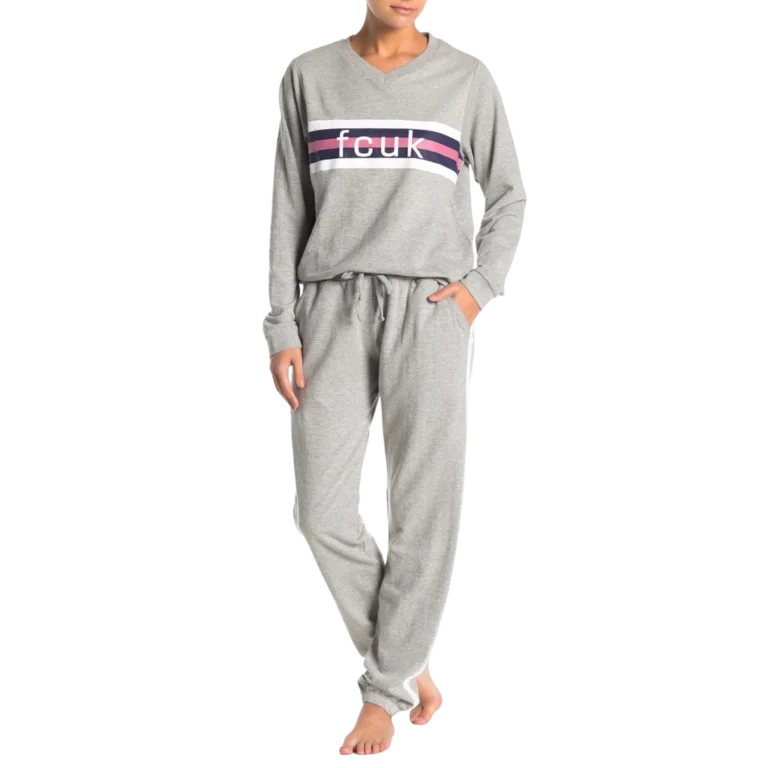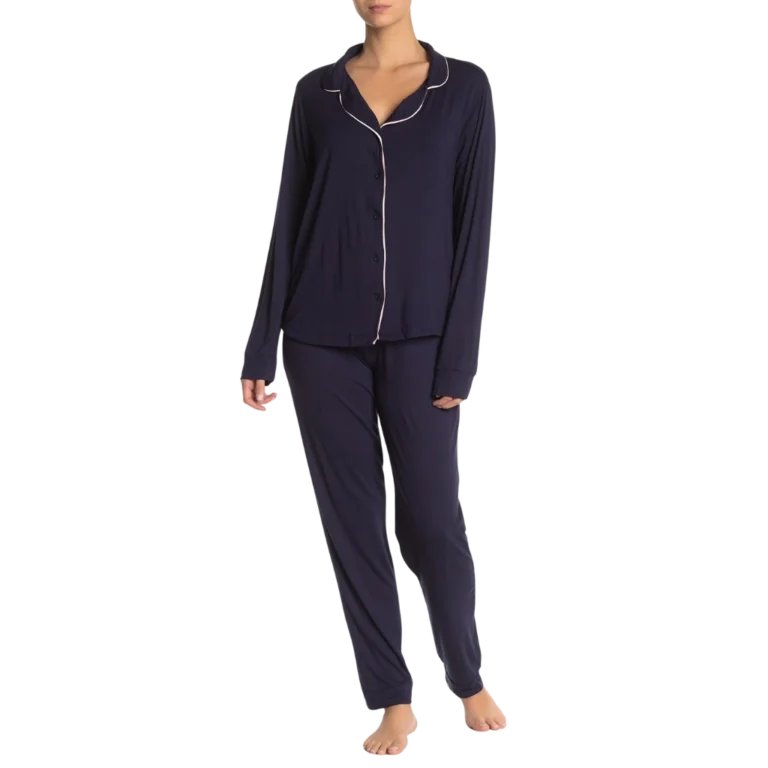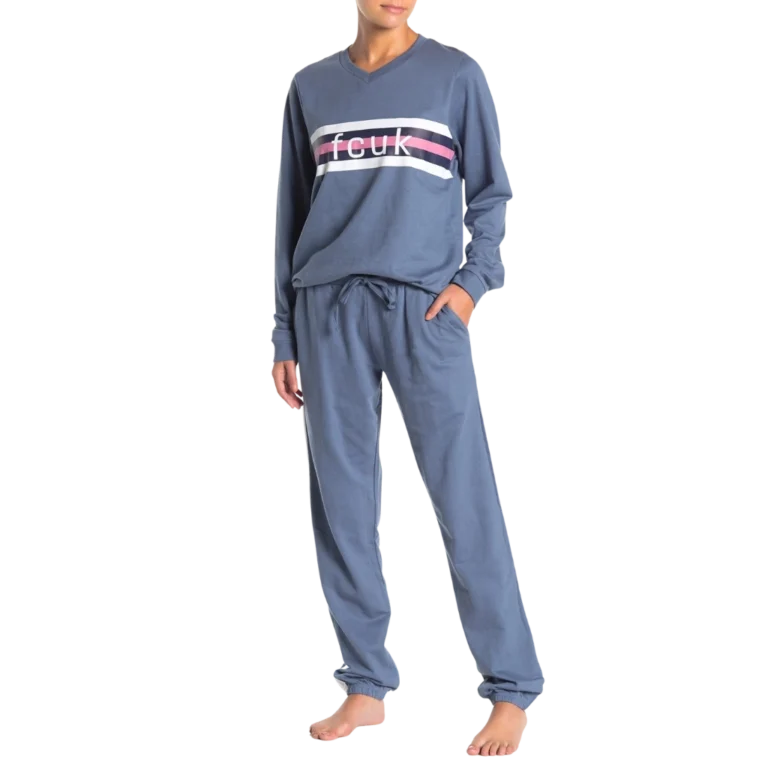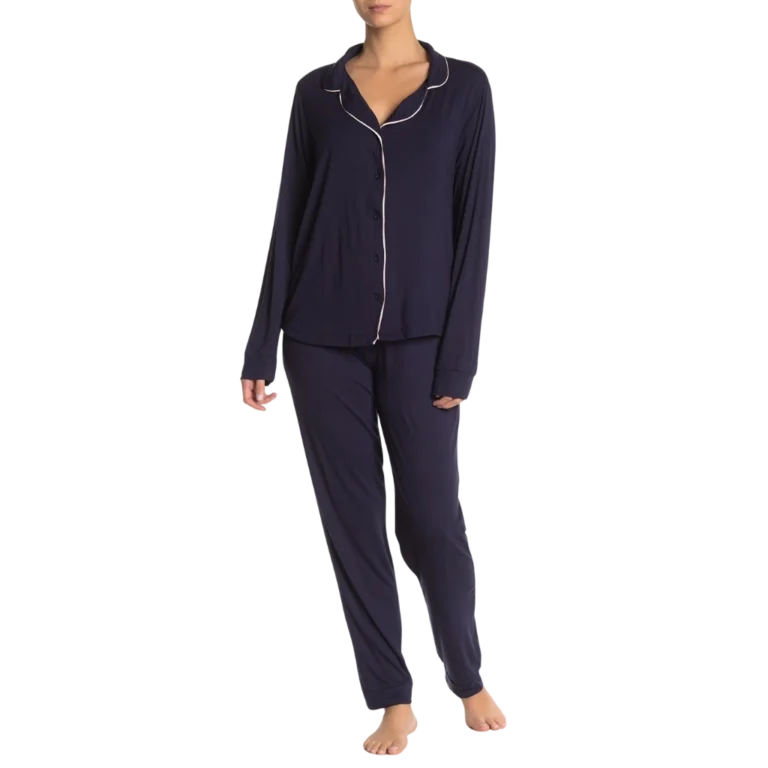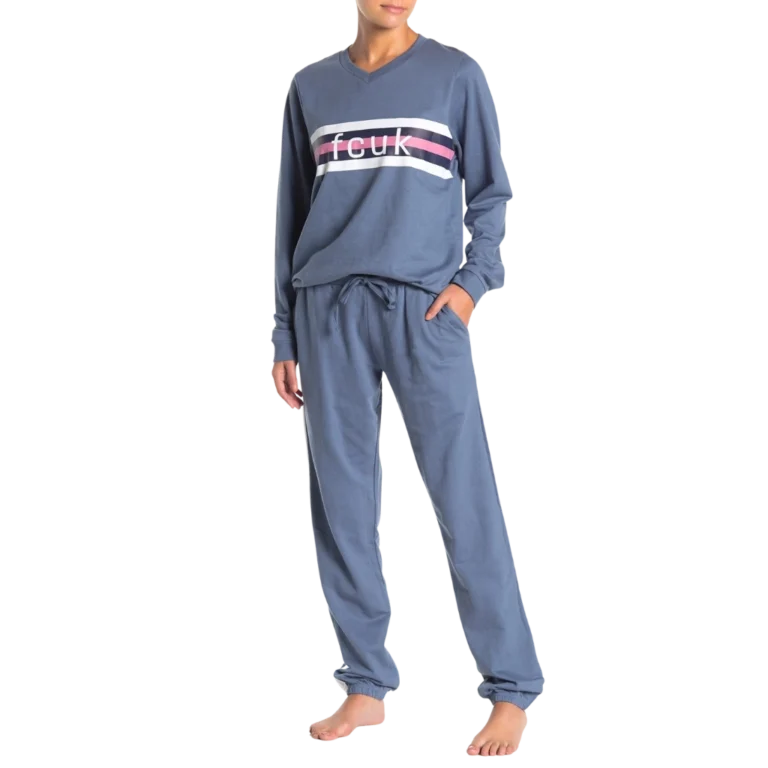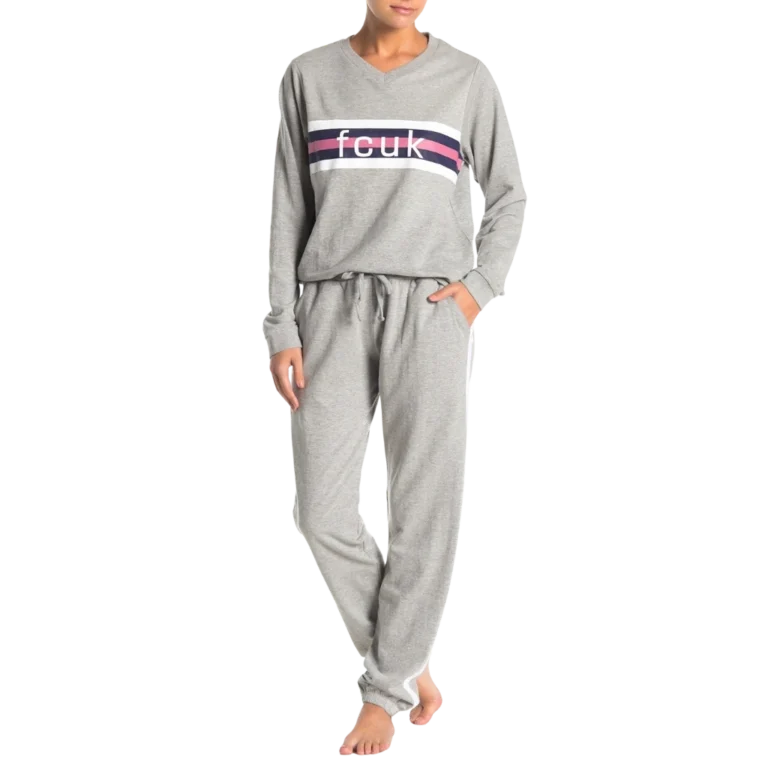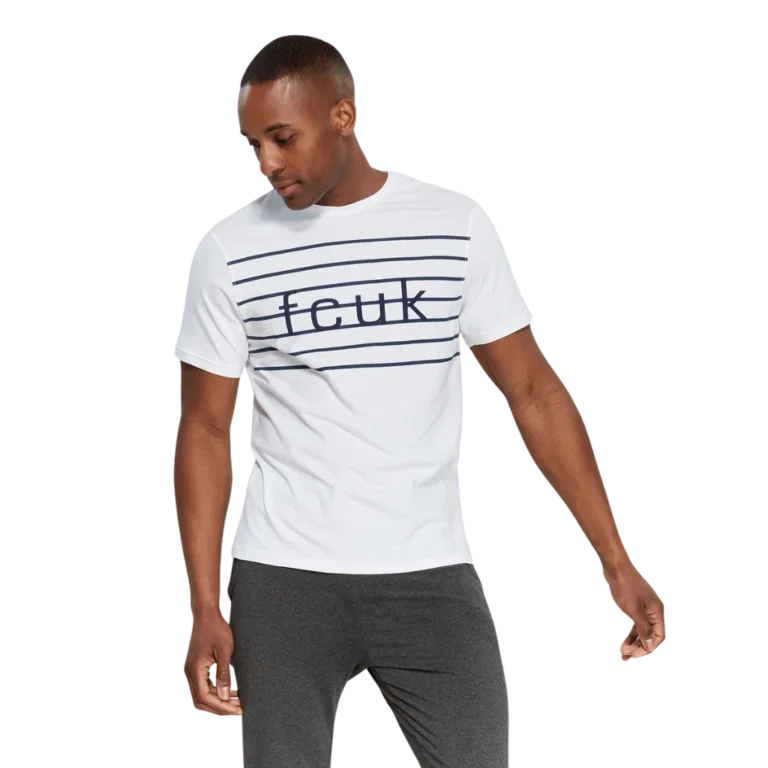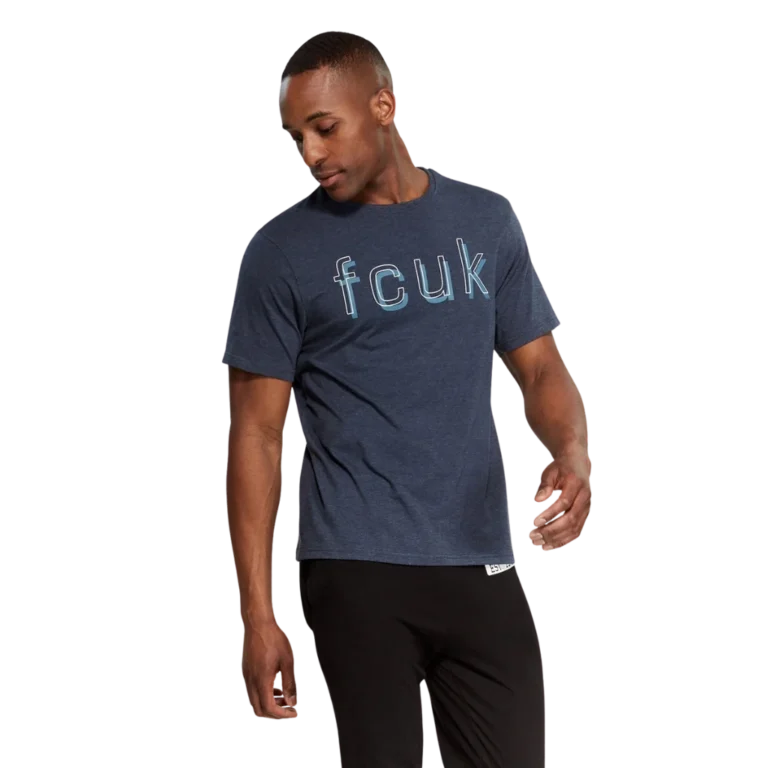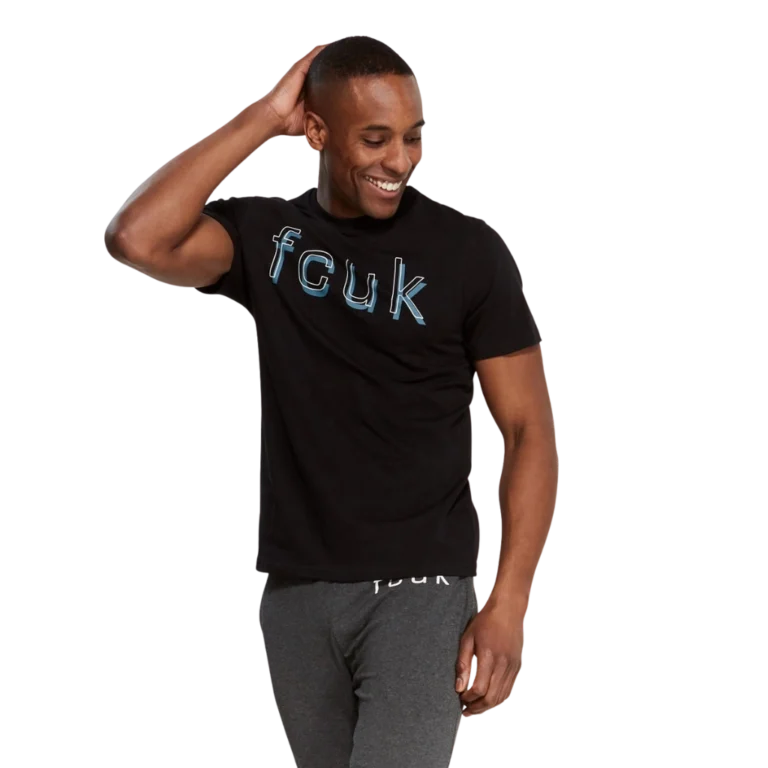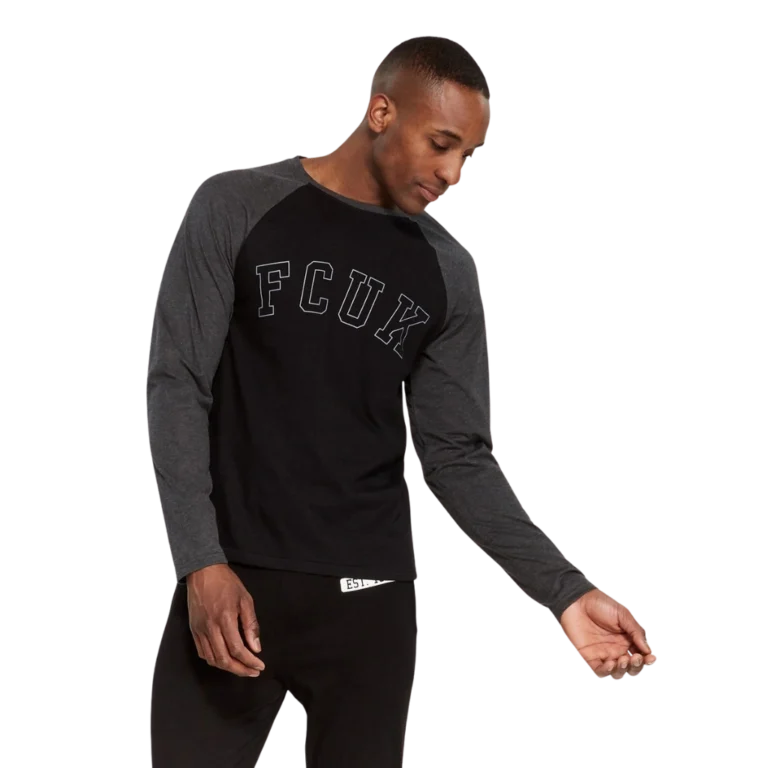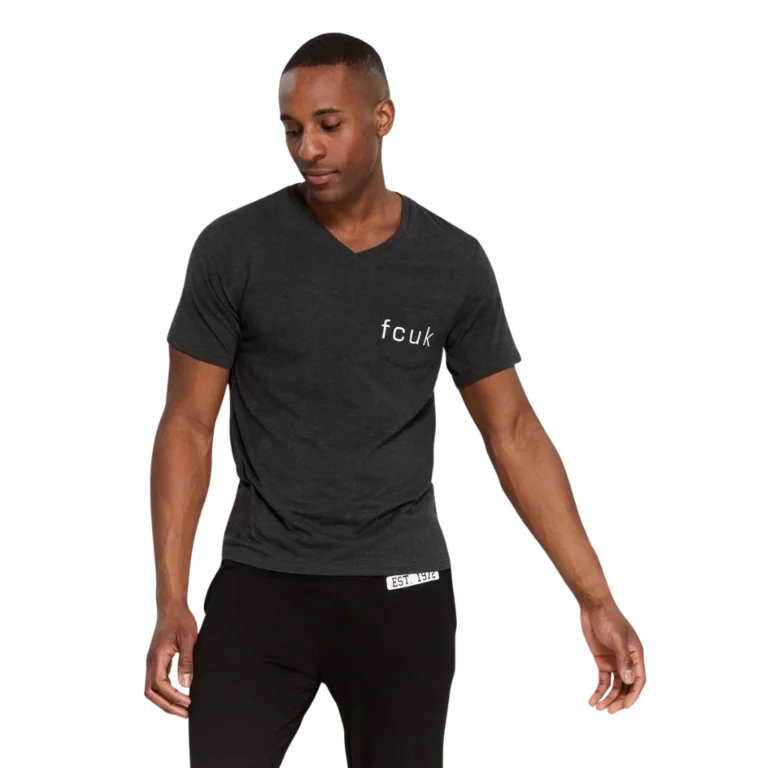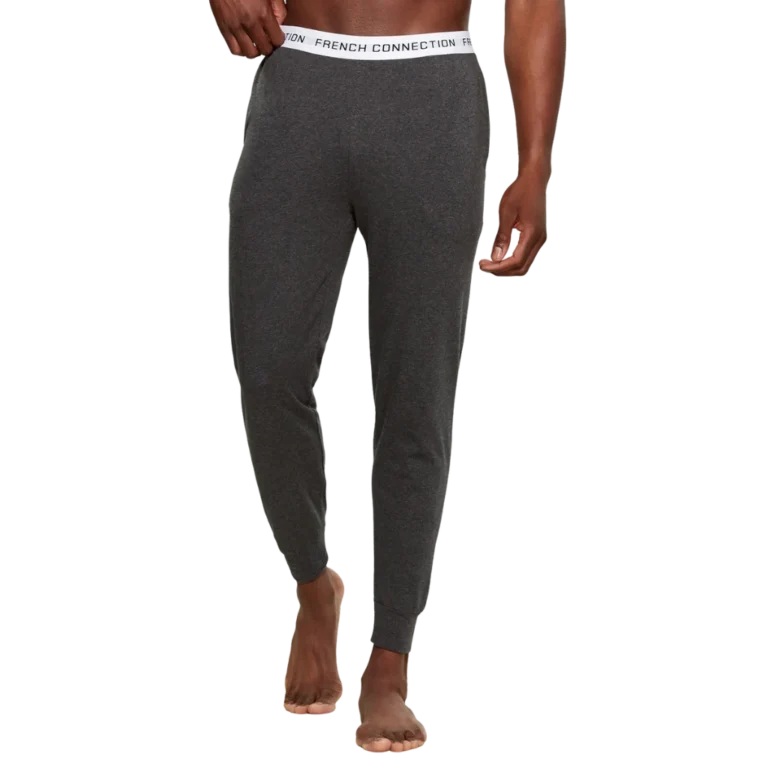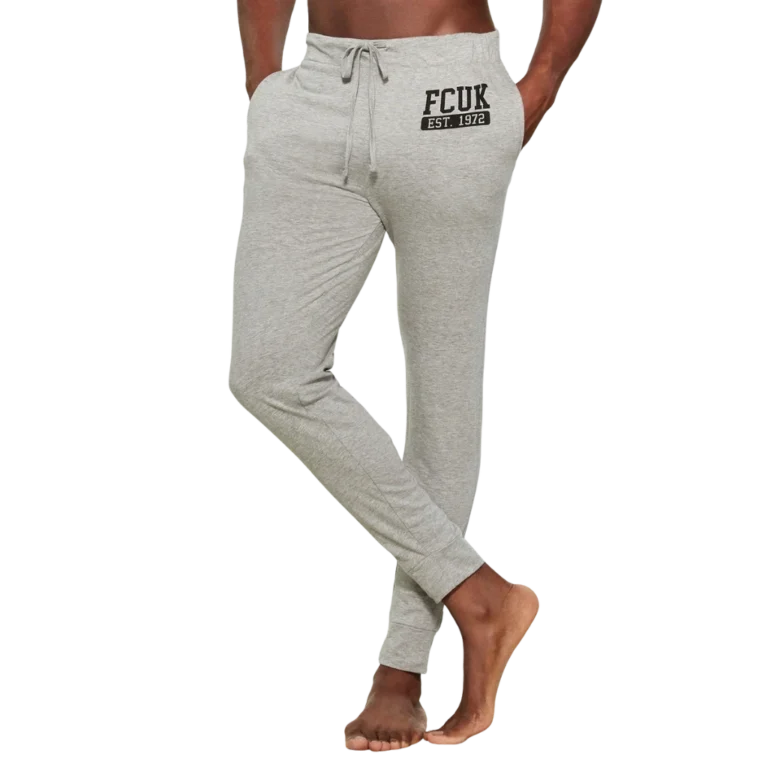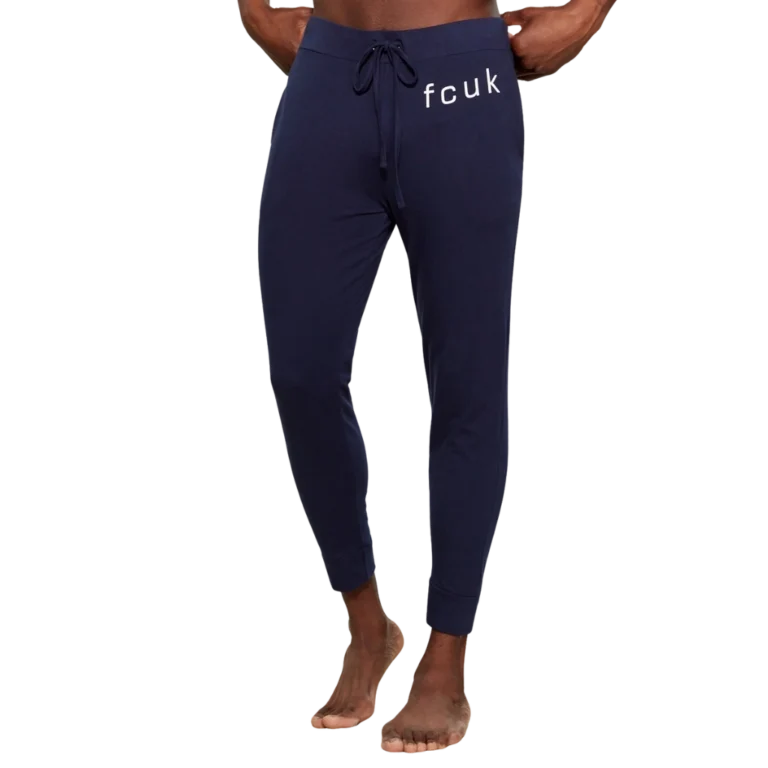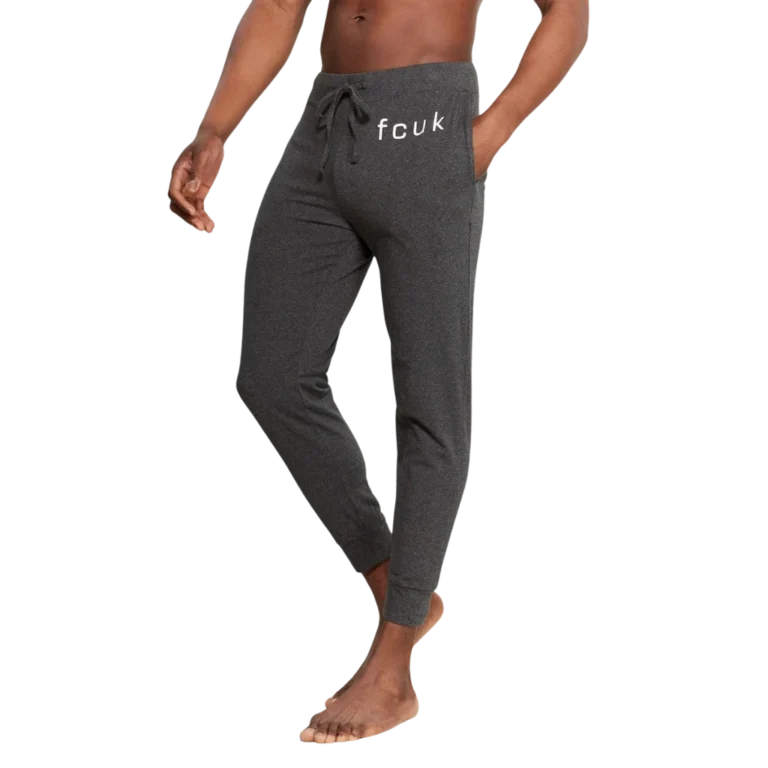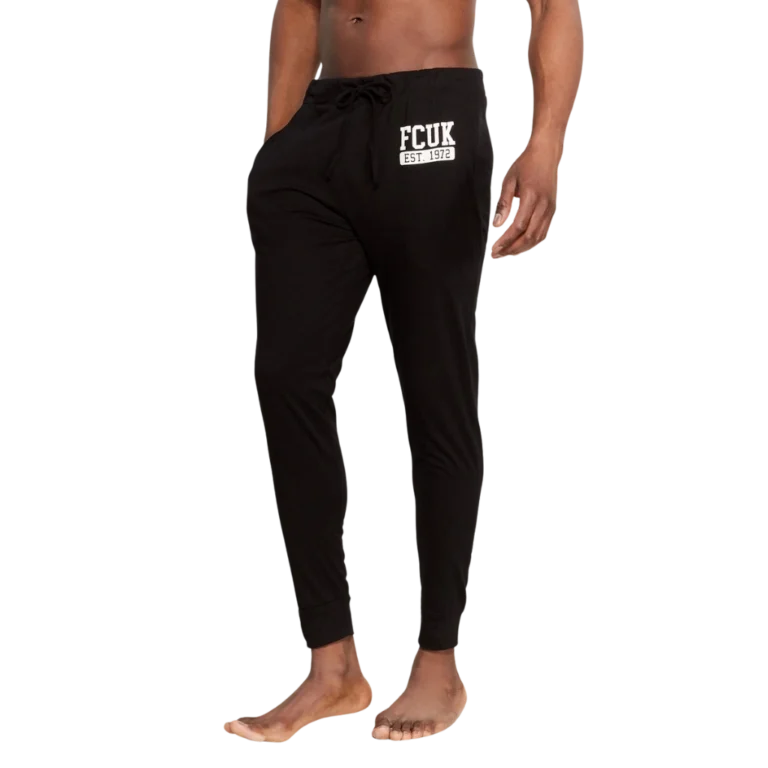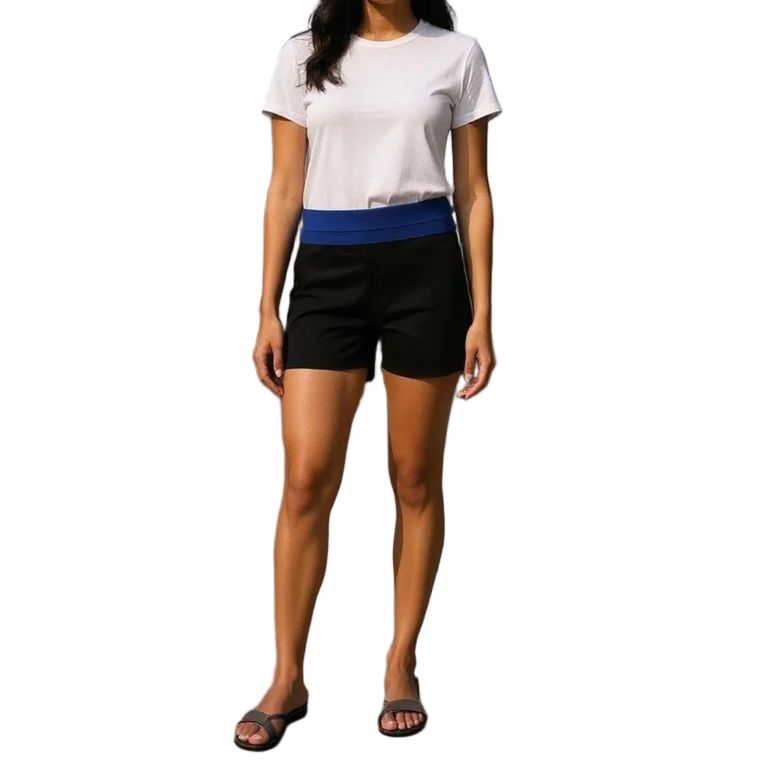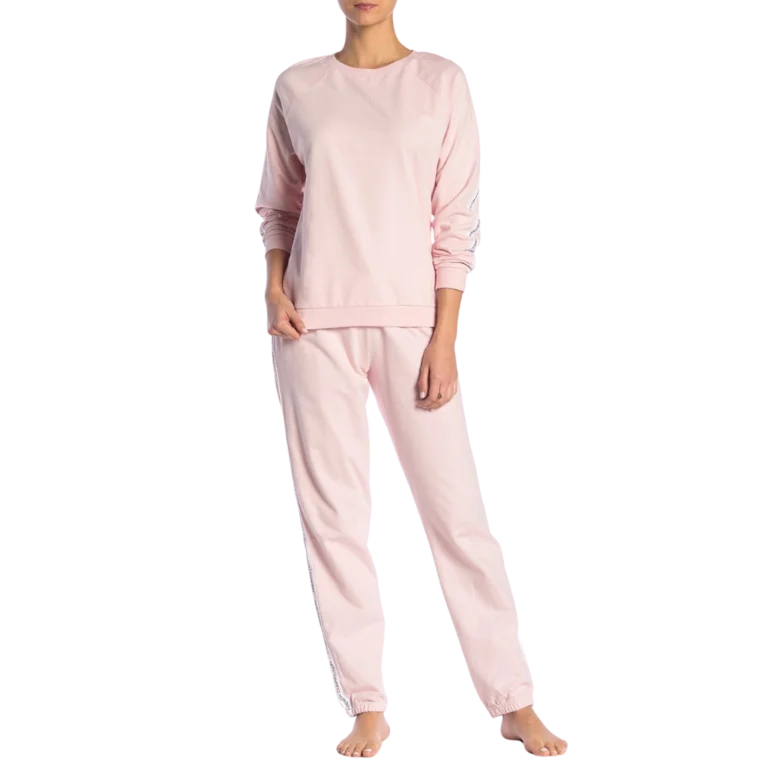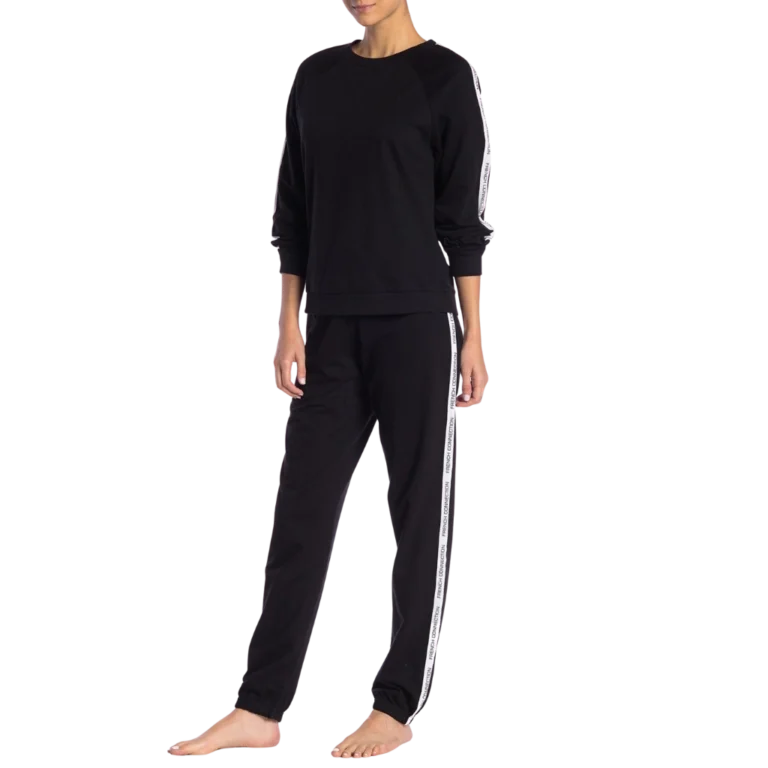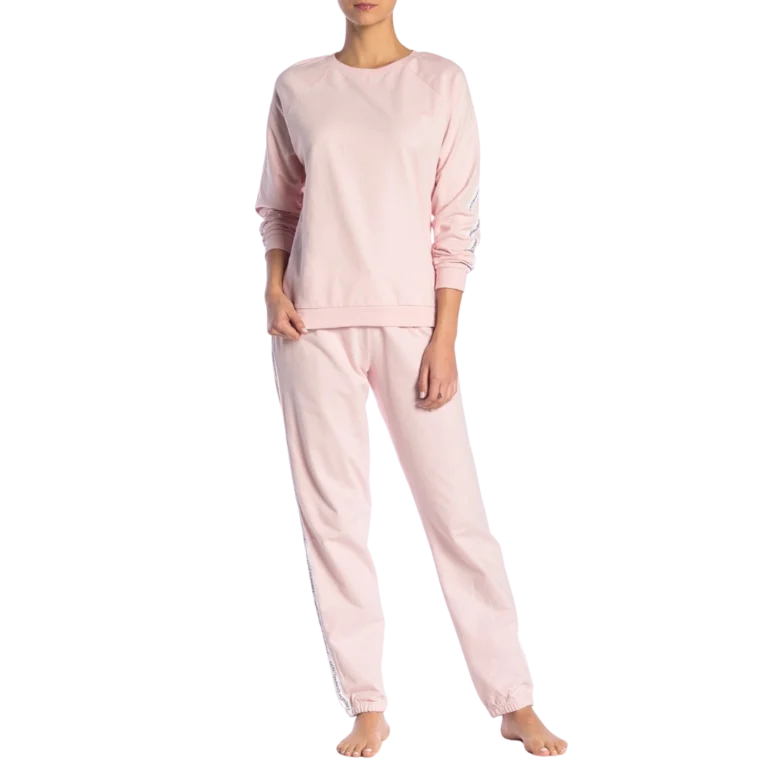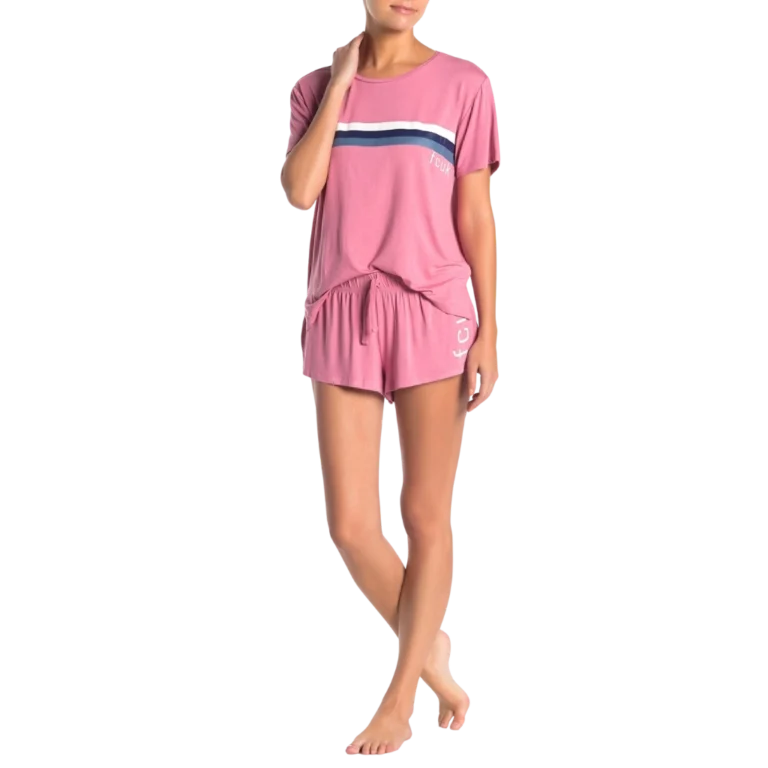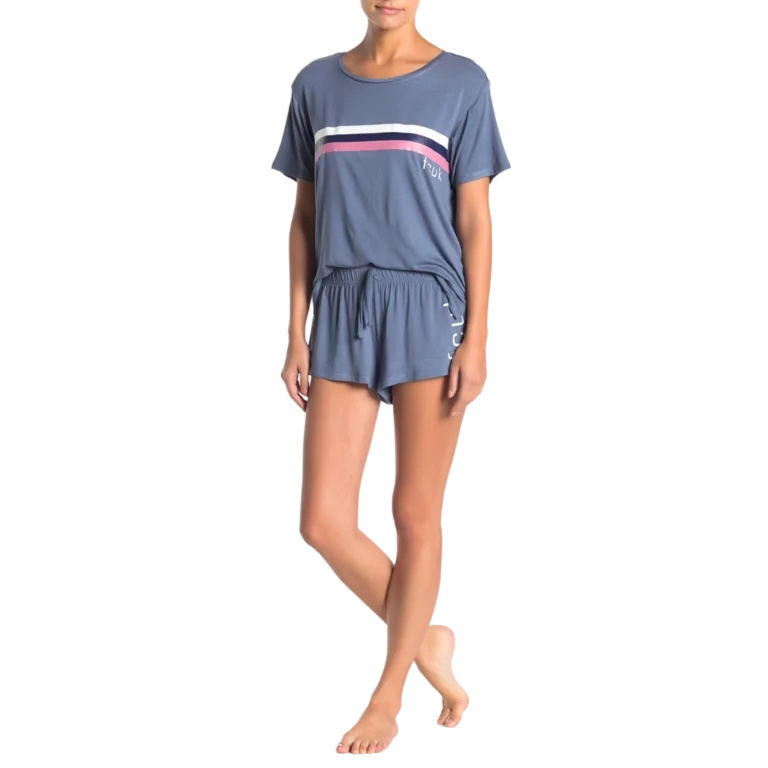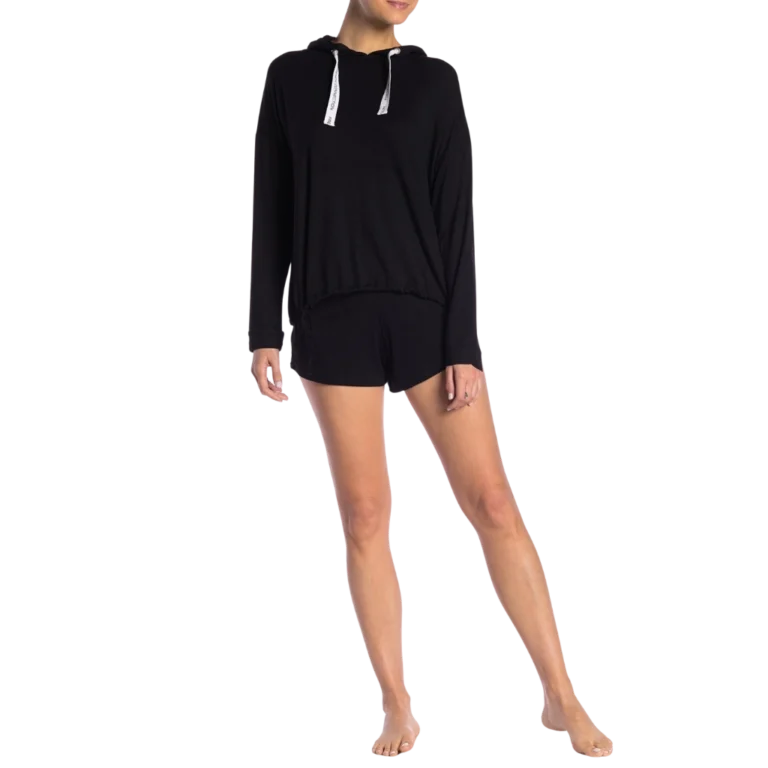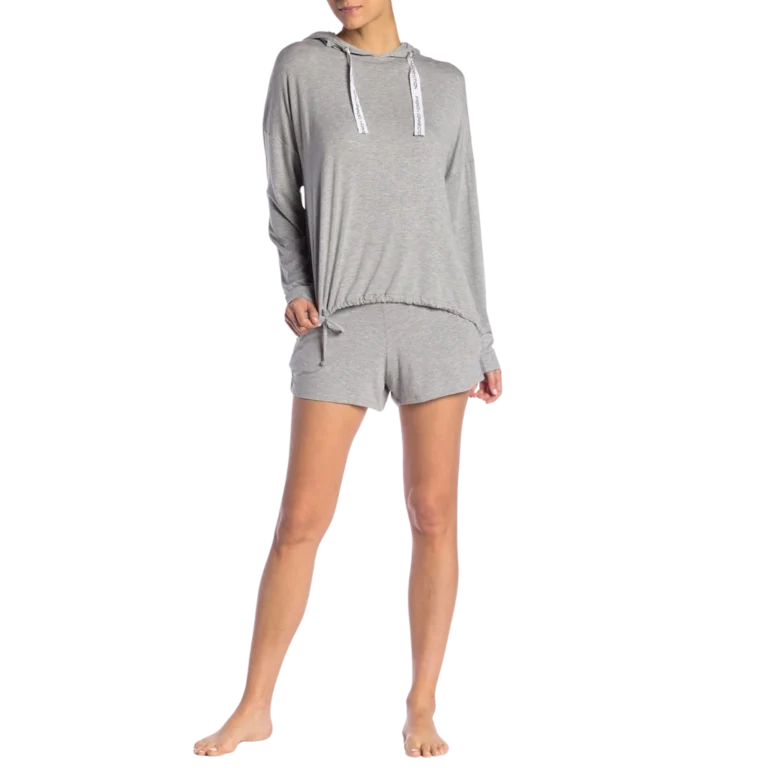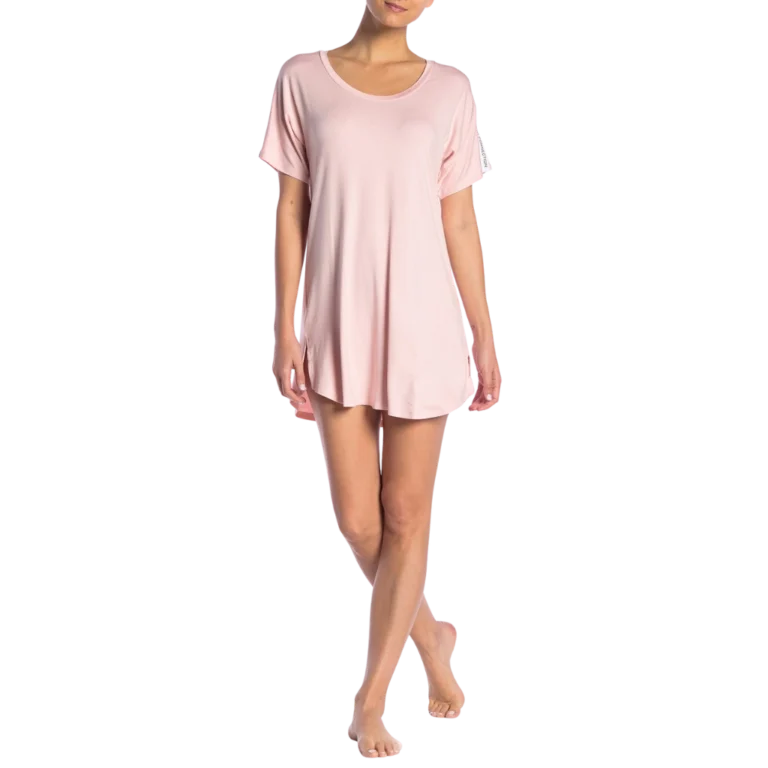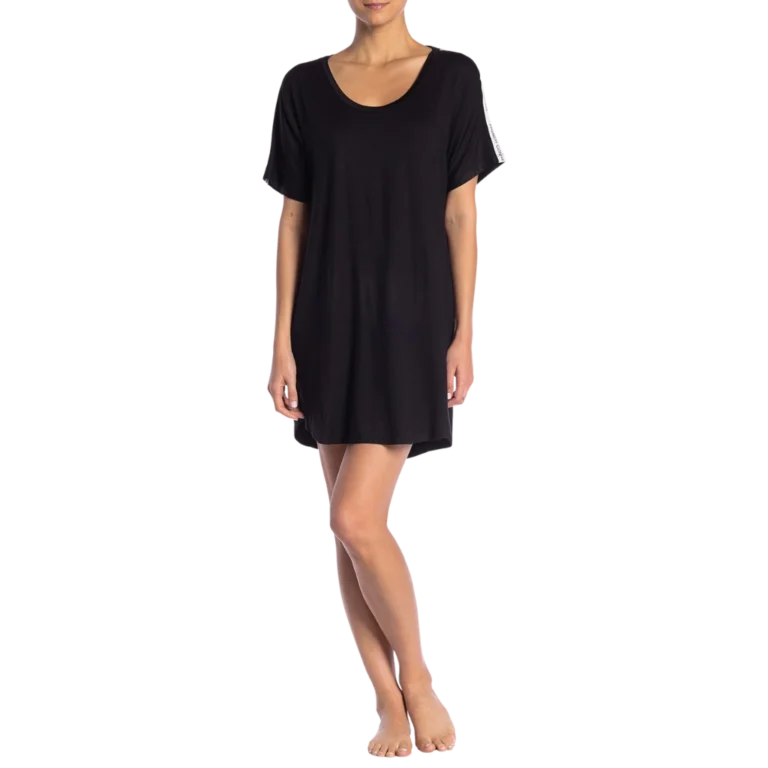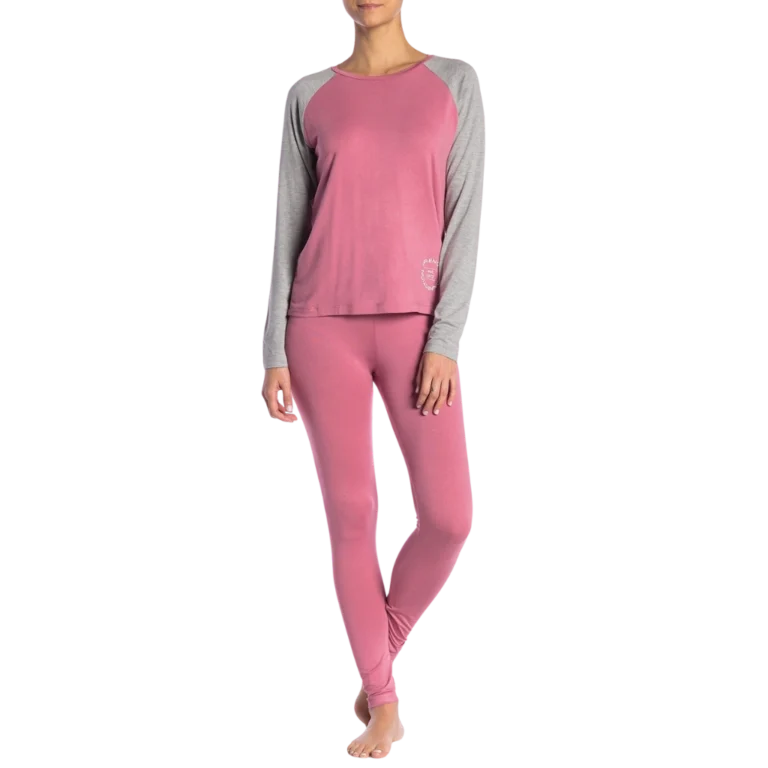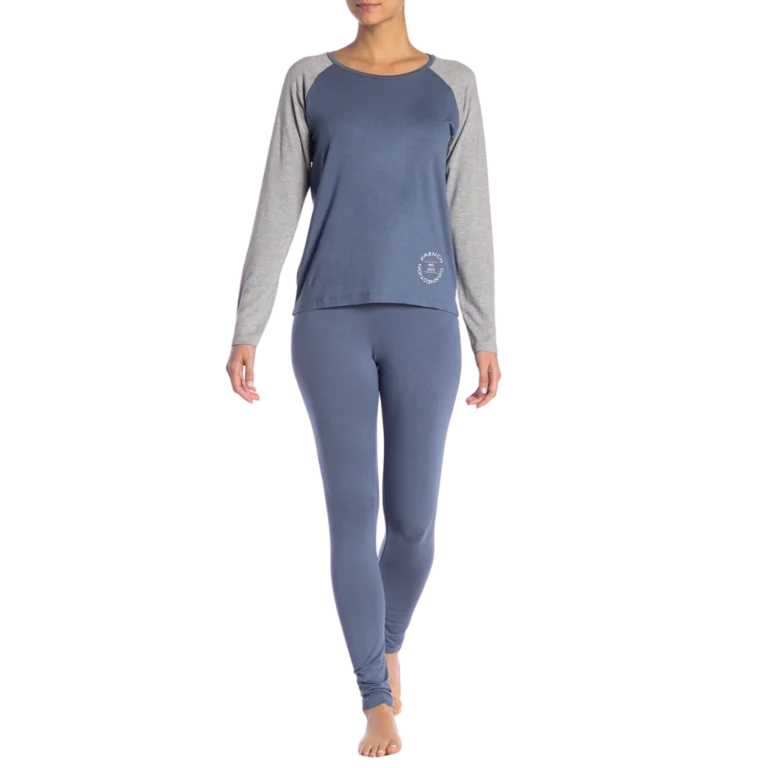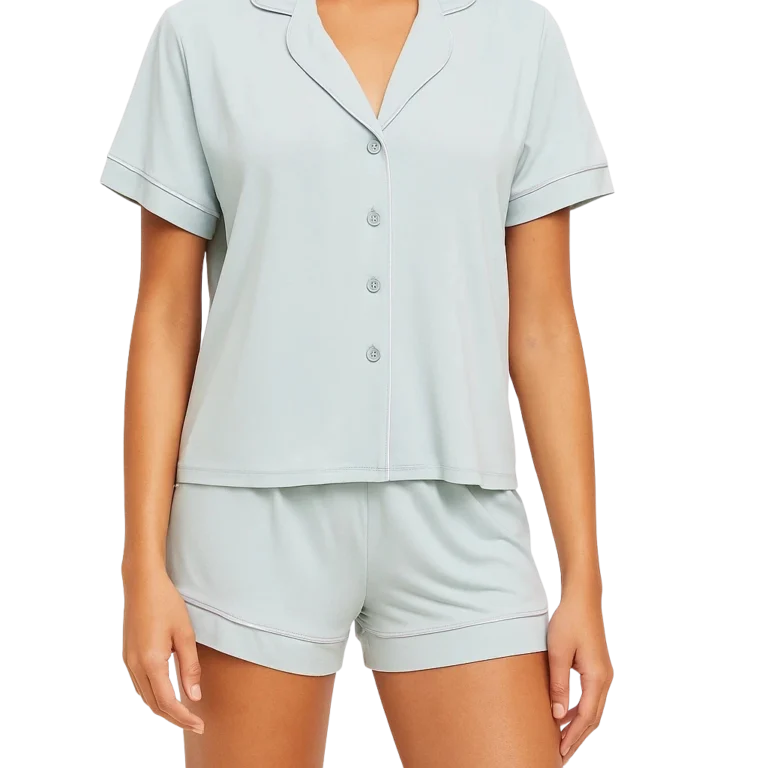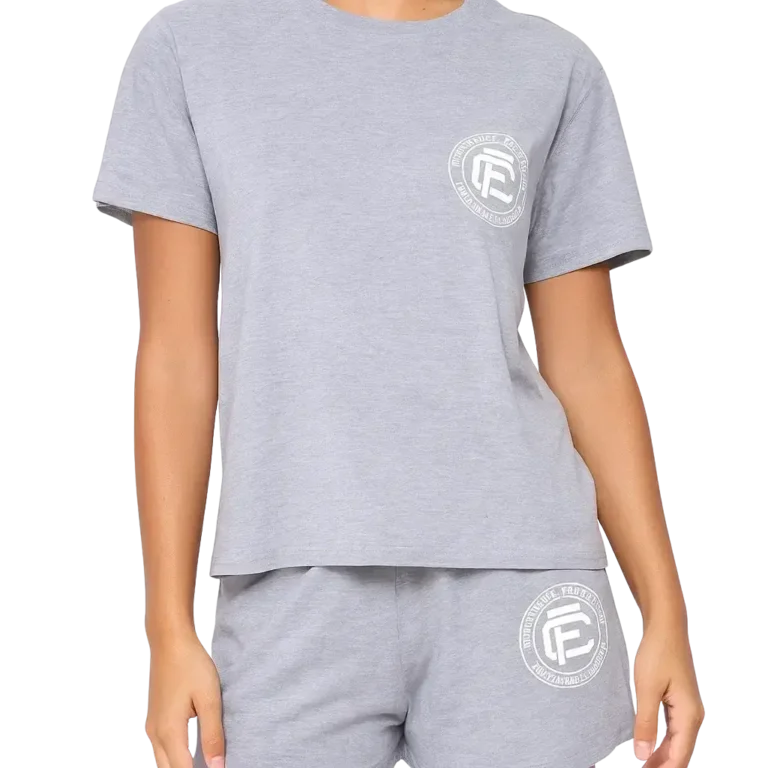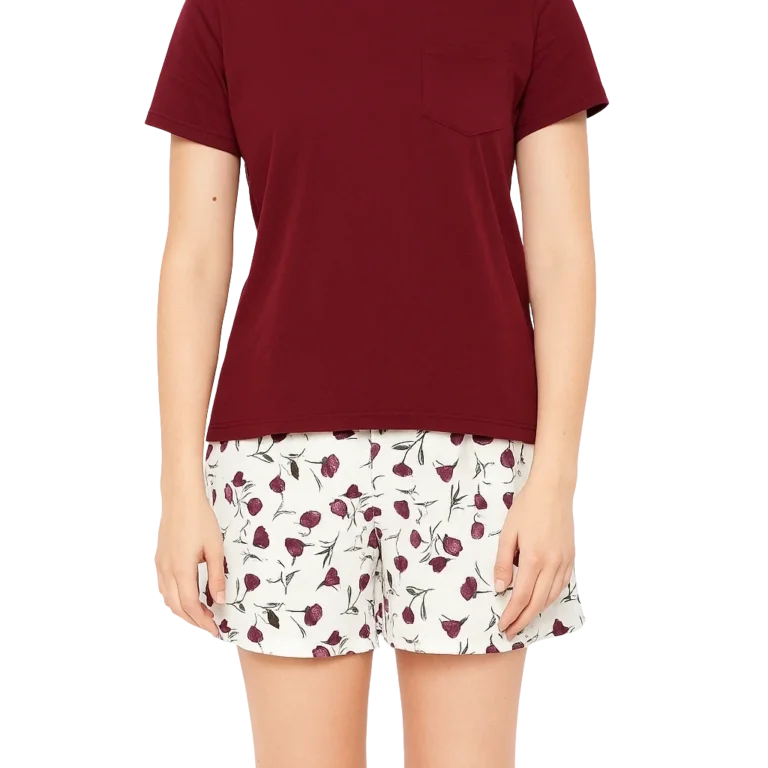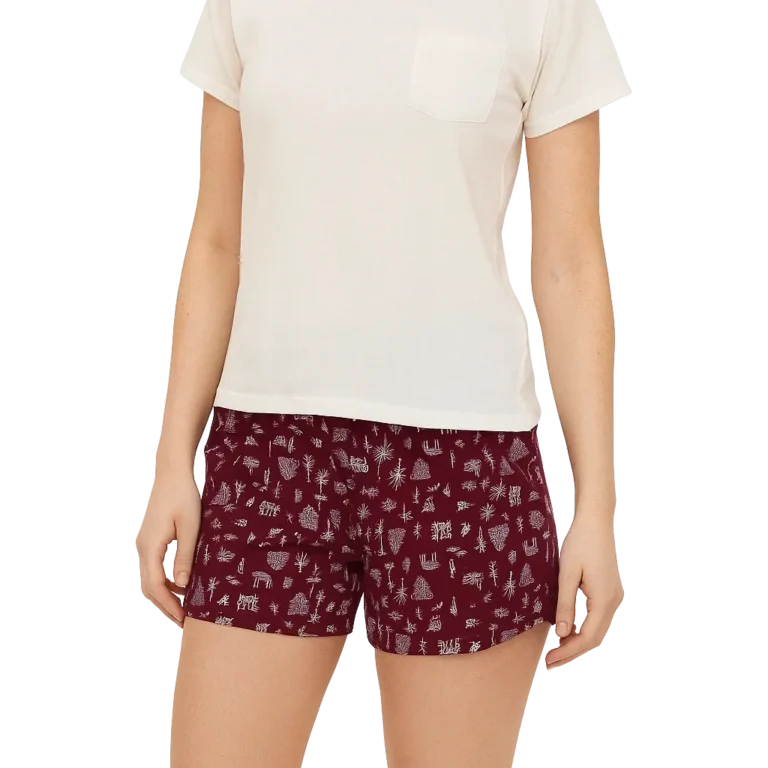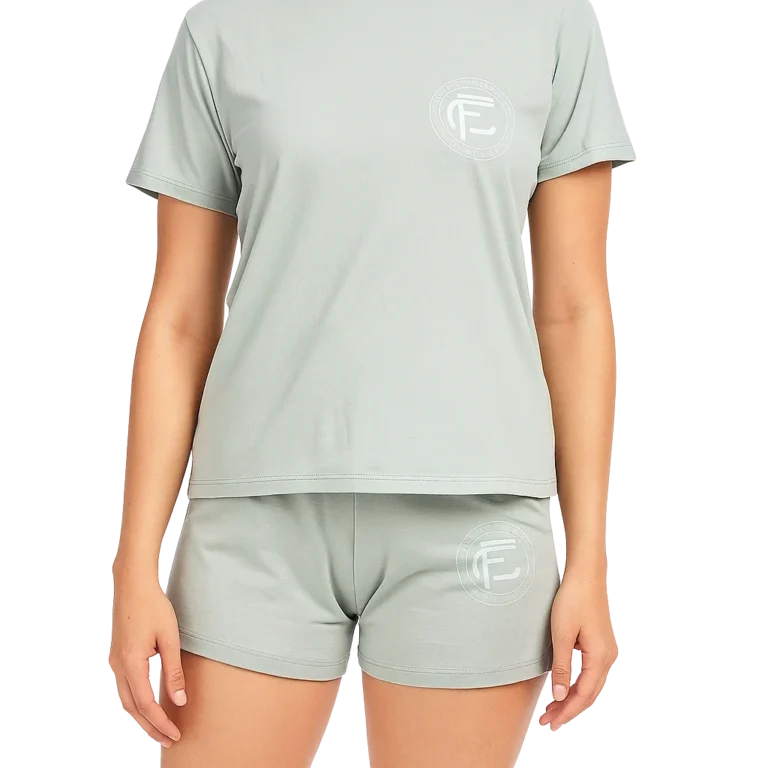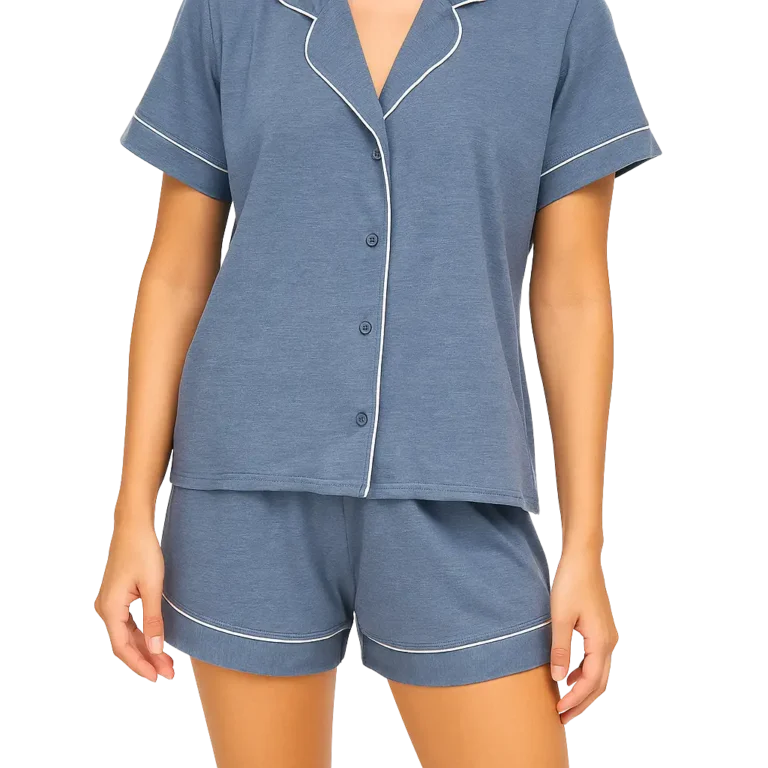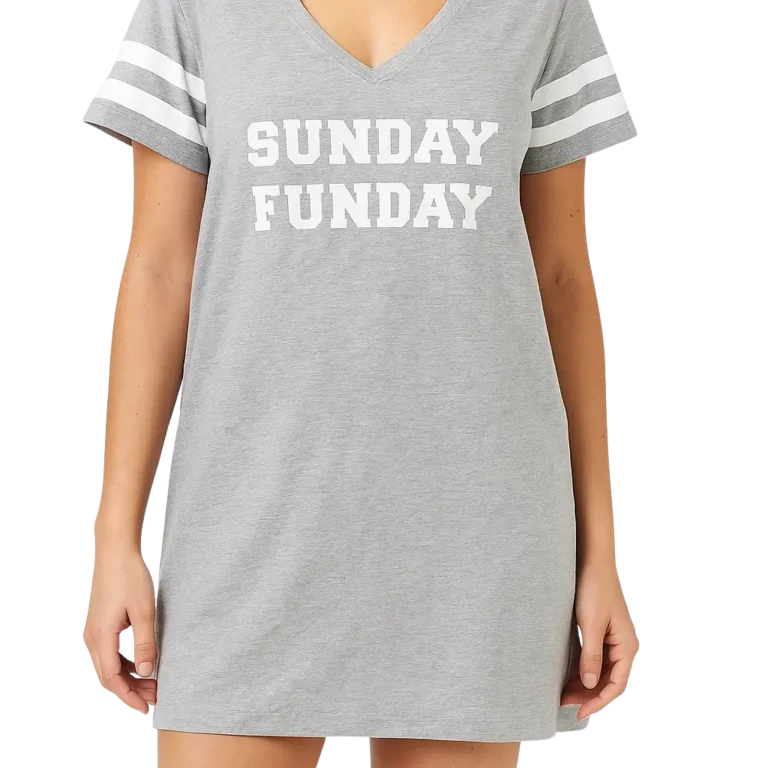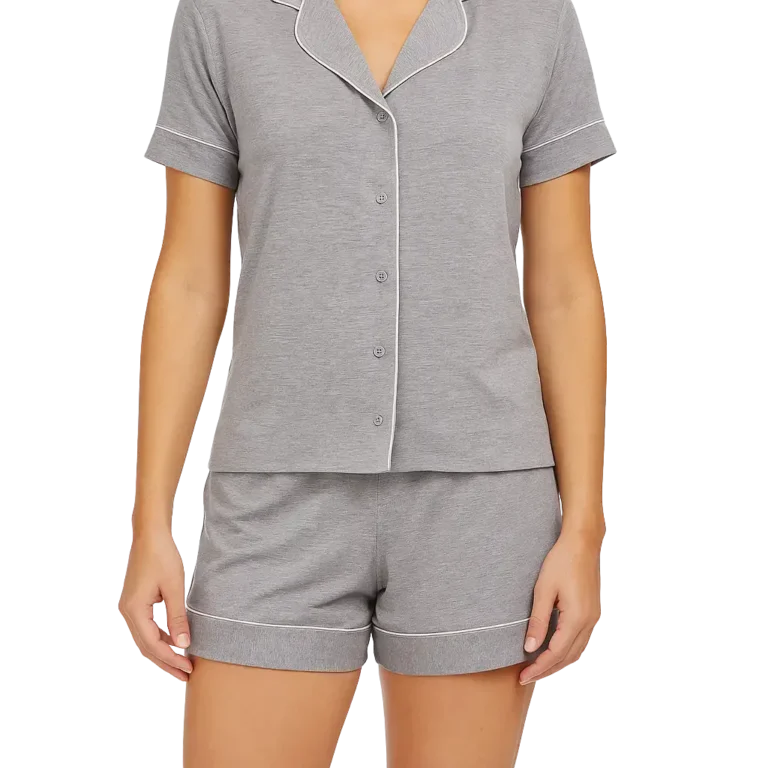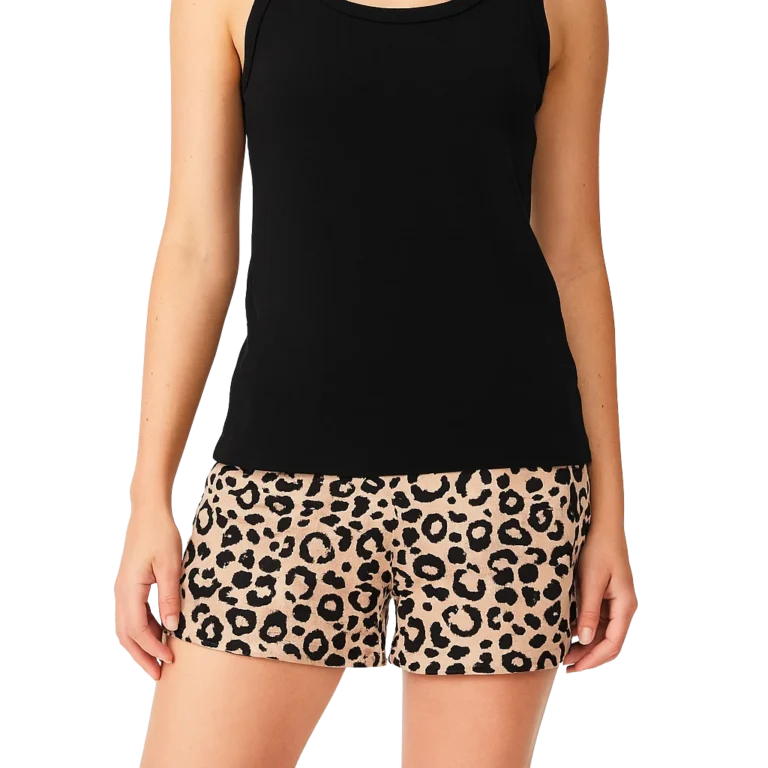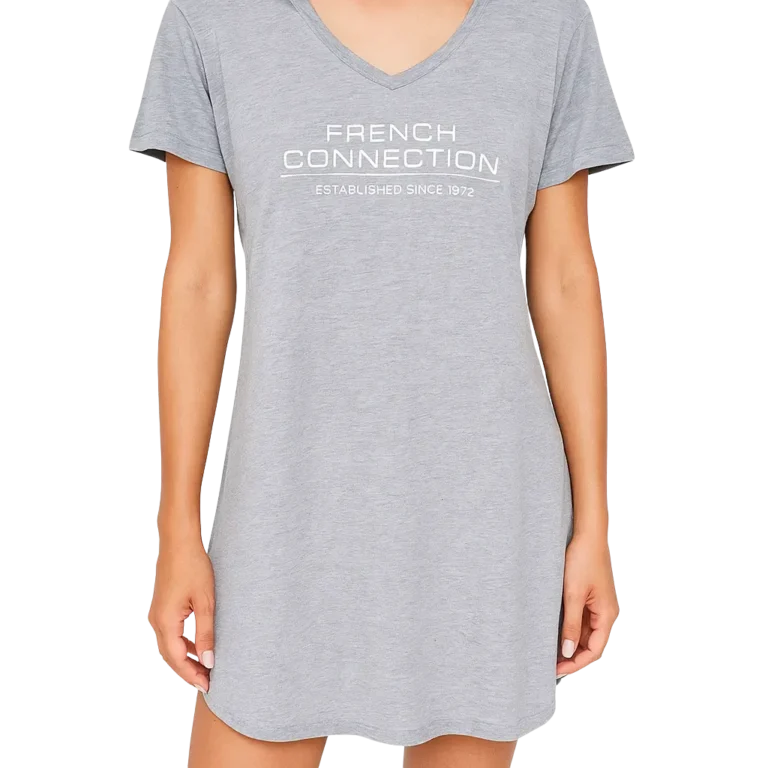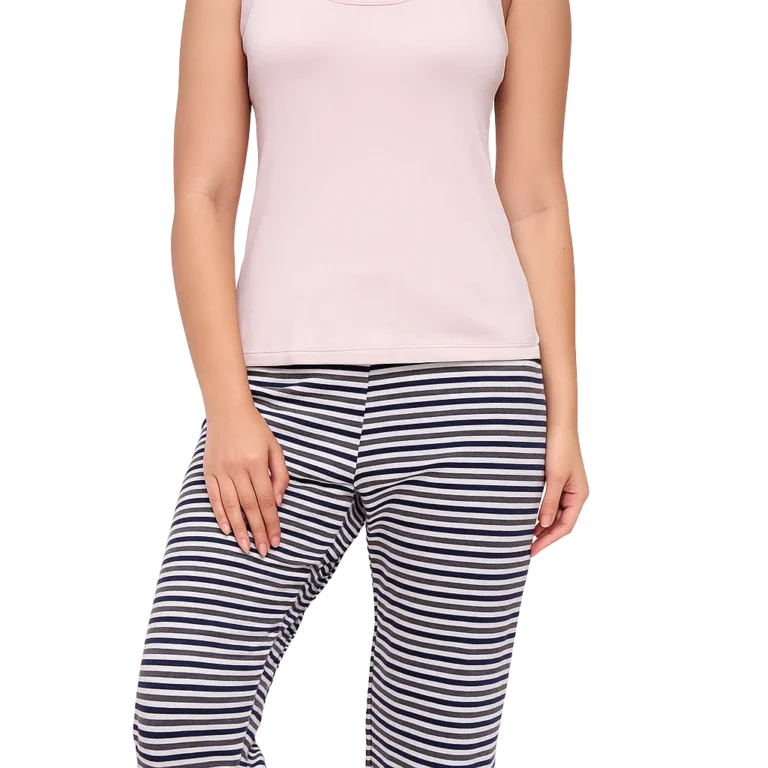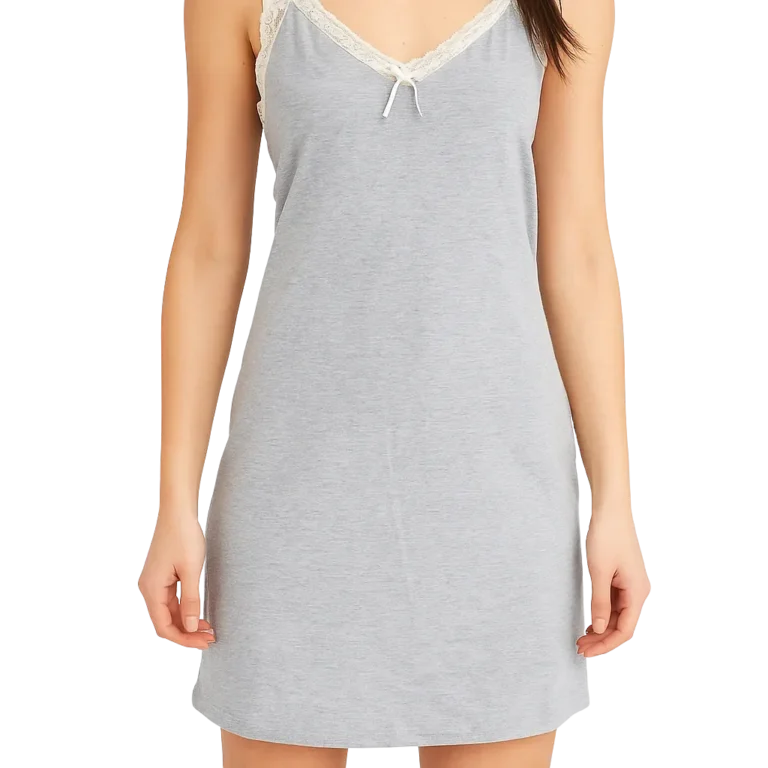Over the years, India has become a hub for sustainable apparel, offering a rich tapestry of traditions, materials, and skilled artisans. If you’re looking to source sustainable apparel from this vibrant nation, there are several steps you can follow to ensure that you are making responsible choices while benefiting your brand.
First, familiarize yourself with sustainable fabrics that are popular in India. Organic cotton, linen, and bamboo are excellent choices, as they are grown without harmful chemicals and are biodegradable. Exploring handwoven textiles and natural dyes is also important, as they highlight traditional craftsmanship while minimizing ecological impact. Make a list of the materials that align with your brand’s values and ethos, as this will guide your sourcing decisions.
Your next step is to research and connect with manufacturers in India who specialize in sustainable practices. Utilize platforms like Good On You or Ethical Fashion Forum to identify brands that are committed to sustainability. You can also attend trade shows, such as the India International Textile Machinery Exhibitions (India ITME) or Sustainable Fashion Forum, where you can meet ethically-minded manufacturers and learn more about their practices. Make sure to establish direct communication so you can ask questions about their sourcing, production practices, and certifications.
Once you’ve identified potential manufacturers, it’s time to verify their sustainability claims. Request detailed information regarding their sourcing practices, labor conditions, and environmental impact. Look for certifications such as GOTS (Global Organic Textile Standard) or Fair Trade that validate their commitment to sustainability. Visiting factories and workshops in person can also allow you to see their practices firsthand and create a more transparent relationship.
Next, focus on designing your collection with sustainability in mind. Consider designing timeless pieces that will remain relevant and reduce waste associated with fast fashion. Also, focus on producing small batches instead of mass-producing, which can minimize excess inventory. Discuss with your manufacturer about how to incorporate sustainable techniques throughout the production process, as this step can greatly enhance your brand’s impact.
Marketing is a crucial aspect of your sustainability journey. Communicate your commitment to sustainable practices effectively through your brand’s storytelling. Use your website, social media, and packaging to articulate your mission and showcase the artisans and materials behind your products. Your customers will appreciate transparency and are more likely to support a brand aligned with their values.
Finally, maintain a relationship with your manufacturers over time. As you grow, continue to check in on their practices and invest in long-term partnerships that support continuous improvement in sustainability. Engaging in fair trade practices and offering fair wages will not only build goodwill but also enhance the quality and authenticity of your products.
By sourcing sustainable apparel from India with a thoughtful approach, you can create a brand that has a positive impact on the environment and the lives of those involved in the fashion supply chain. Your efforts can bring awareness to sustainable fashion while satisfying the growing consumer demand for ethical products.
